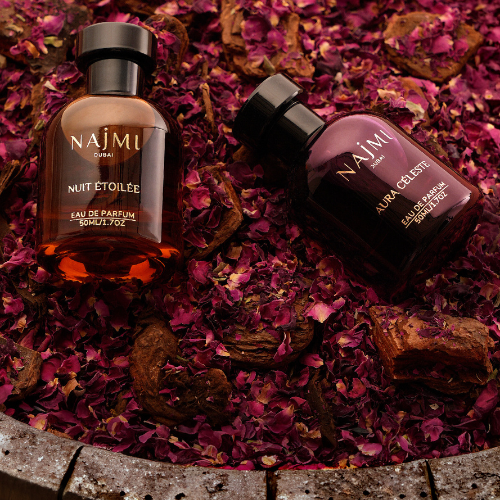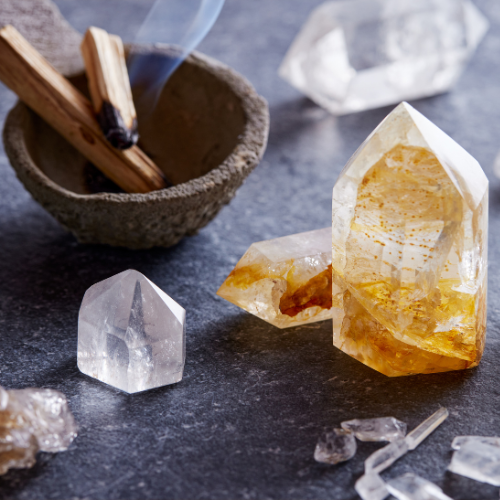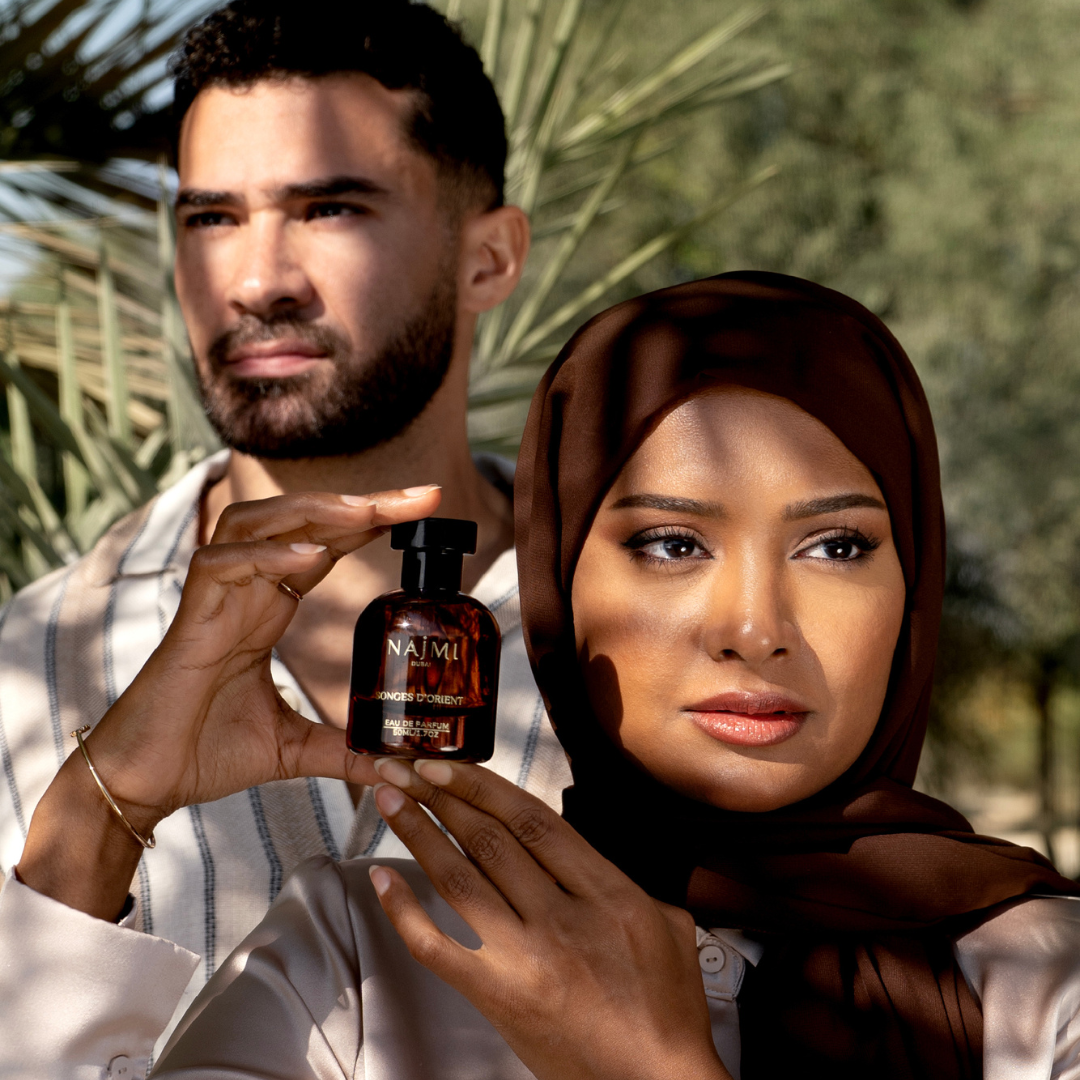
The Legacy of French Perfumery: From Royal Courts to Global Icons
France is often regarded as the epicenter of perfumery. The artistry, craftsmanship, and tradition of French fragrance-making have set a global standard for centuries. From royal courts to modern luxury maisons, France has continuously redefined what it means to create a scent—not just as a cosmetic product, but as a cultural and emotional experience.
The Origins: Fragrance in Ancient Times and Medieval Europe
Perfumery has ancient roots stretching back to Egypt, Mesopotamia, and Persia, but it was during the Middle Ages that the foundations of French perfumery were laid. As trade routes expanded, exotic ingredients such as myrrh, amber, musk, and rare spices began to enter Europe via the Mediterranean. It was in the south of France, particularly in the region of Grasse, that the fusion of natural abundance and artisanal skill began to take shape.
Initially, perfumes in France were used more for practicality than pleasure—they masked unpleasant odors and were believed to protect against disease. But as the Renaissance bloomed, so did a deeper appreciation for fragrance as an art form.
Grasse: The Birthplace of French Perfumery
Located in Provence, the town of Grasse became the heart of perfumery in the 16th century. Originally known for its tanning industry, Grasse began infusing leather gloves with floral scents to mask the smell of animal hide. This innovation, known as gants parfumés (scented gloves), became a sensation at the French court and helped establish Grasse as the capital of fragrance.
What made Grasse truly unique was its access to a rich variety of local flora—jasmine, tuberose, rose centifolia, and orange blossom flourished in the region’s Mediterranean climate. Combined with an increasingly sophisticated knowledge of distillation and extraction, the artisans of Grasse developed a reputation for producing the most refined oils and absolutes in the world.
To this day, Grasse remains a pilgrimage site for perfumers and the home of some of the most prestigious raw material producers in the industry.
The Royal Influence: Fragrance as a Symbol of Power and Luxury
The reign of Louis XIV, also known as the Sun King, was pivotal in shaping French perfumery. The king’s court at Versailles was a fragrant theater of luxury—rooms were perfumed, gloves were scented, and even the fountains sprayed aromatic waters. Louis XIV himself was said to bathe in rosewater and commissioned perfumes for every aspect of life.
His court perfumer created custom fragrances not just for the king, but for nobles, diplomats, and mistresses. Perfume had become a symbol of status, seduction, and sophistication.
Later, Marie Antoinette also played a key role in the perfume narrative, favoring lush floral compositions and advancing the use of scent as a form of personal identity. The 18th century saw the rise of perfume houses and boutiques in Paris, solidifying France's hold on fragrance as an essential part of culture and elegance.
Innovation & Industry: The Rise of Modern Perfumery
By the 19th and early 20th centuries, French perfumery entered a golden age. Iconic houses like Guerlain, Coty, and Chanel emerged, blending tradition with innovation. New extraction methods allowed for more complex compositions, and the introduction of synthetic ingredients—like aldehydes and coumarin—gave perfumers a broader palette to create imaginative scents.
This was also the era when “signature scents” became a concept, allowing individuals to express themselves through carefully chosen perfumes. French brands led the movement, capturing emotions, eras, and aesthetics in bottles. A fragrance was no longer just a luxury—it became a way of life.
Paris became synonymous with style, and perfume became an essential element of French fashion. Designers and perfumers collaborated to create fragrances that embodied couture collections and cultural moods. The French approach to fragrance always went beyond trends—it was about storytelling, emotion, and detail.
Why France Set the Standard in Perfumery
Several key elements explain why France became—and remains—the global benchmark in perfumery:
-
Craftsmanship: French perfumery is rooted in artisanal tradition. From distillers to nez (noses), each expert plays a critical role in shaping a final composition.
-
Access to the Best Ingredients: Grasse remains a global leader in the cultivation of premium raw materials. The quality of jasmine, rose, and orange blossom oils sourced here is unmatched.
-
Heritage & Education: France is home to prestigious perfume schools such as ISIPCA in Versailles, where generations of master perfumers are trained.
-
Luxury Culture: The French have elevated perfume into an object of art. Packaging, branding, and storytelling are all approached with the same level of detail as haute couture.
-
Regulatory Standards: France has long maintained high standards in quality control, sourcing, and formulation—ensuring safety, consistency, and excellence in each creation.
Parfums Najmi: Honoring the French Legacy with a Modern Twist
At Parfums Najmi, we proudly carry the essence of French perfumery into every bottle we create. Our oils are sourced directly from Grasse, the historical heart of fragrance excellence, and our dedication to craftsmanship reflects the time-honored traditions that made France the world’s fragrance capital.
But our story doesn't end in France—it continues in Dubai, where our perfumes are elaborated, macerated, and finished by skilled artisans. This unique blend of French precision and Middle Eastern richness allows us to create something truly distinctive.
In every Najmi creation, we pay tribute to this dual heritage. Whether it’s oud infused with saffron and French lavender, musk layered with vanilla and rose, or amber paired with tuberose and incense, we ensure that at least one premium French ingredient features in every formula. This is our way of honoring the timeless elegance of French perfumery while embracing the soul of our identity.
Our fragrances are not just scents—they are crafted experiences that tell stories, evoke emotions, and celebrate heritage. At Parfums Najmi, we don’t just follow the French standard—we build upon it, bringing East and West together in a bottle of olfactory poetry.
DISCOVER
The Fragrances

















